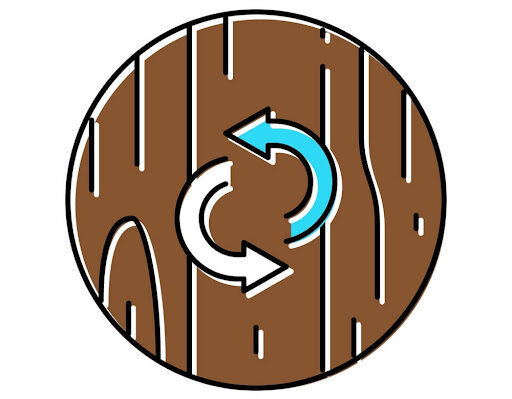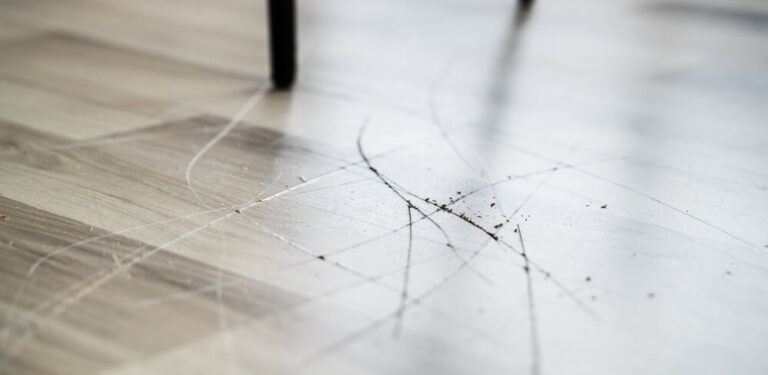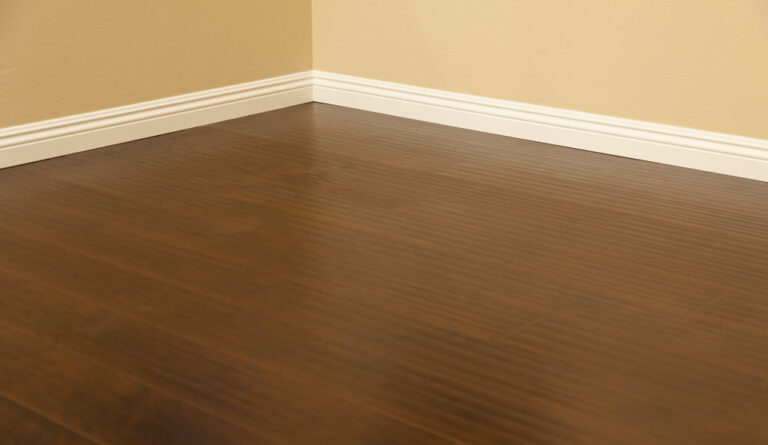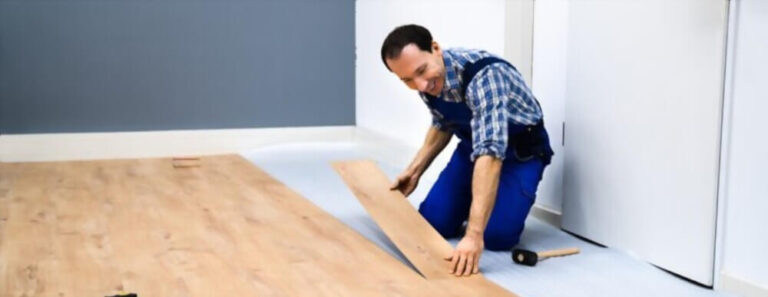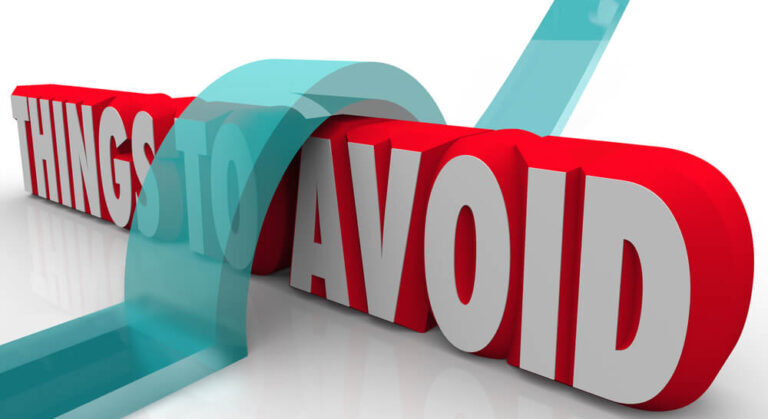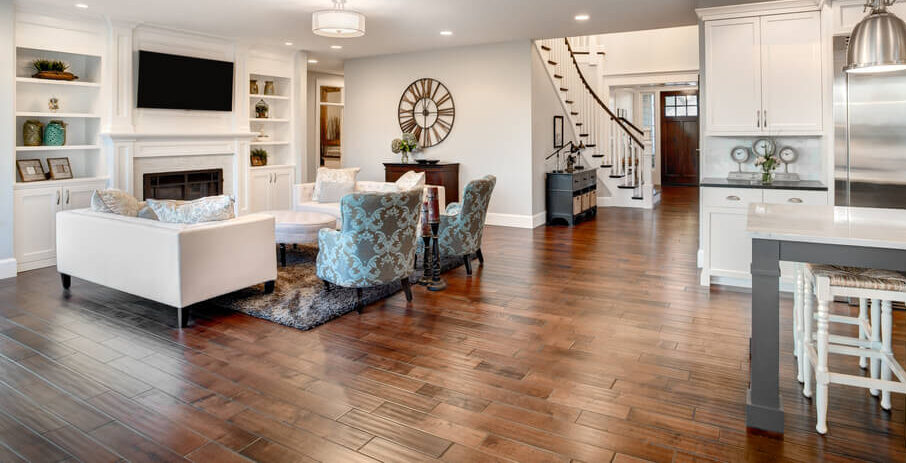
When it comes to enhancing the beauty of your home, the flooring plays a pivotal role. Homeowners frequently ask the question: does hardwood floors increase home value? Being hardwood flooring experts, we recommend most of the homeowners to go for wooden floors.
Hardwood floors significantly increase home value. Their timeless elegance, durability, and widespread desirability make homes stand out in the real estate market. Invest in hardwood for a lasting impact on your property’s worth.
Let’s study the impact of hardwood floors on the overall value of your home.
Does Hardwood Floors Increase Home Value?
Homeowners usually ask, “Is it worth it to put hardwood floors in house?” Numerous studies have shown a positive correlation between hardwood floors and home value. According to the National Association of Realtors (NAR), homes with hardwood floors typically sell for 5-10% more than those without them. The research also shows that around 80% of the homeowners stay at their homes after installing hardwood floors. These premium figures reflect the increased desirability of hardwood floors among buyers, who perceive them as a mark of quality and a testament to the home’s overall condition.
How Much Do Hardwood Floors Increase Home Value?
Investing in hardwood floors is not just about aesthetics; it’s a strategic move.
The amount that hardwood floors boost home value can vary depending on a number of different factors. However, in general, you can expect to recoup at least 70% of the cost of installing hardwood floors when you sell your home.
In addition to increasing your home’s value, hardwood floors can also make your home more attractive to potential buyers. A recent study by Zillow found that homes with hardwood floors were viewed more favorably by potential buyers than homes with other types of flooring. The study also found that hardwood floors were one of the top features that buyers were willing to pay more for.
If you’re considering installing hardwood floors in your home, it’s a good idea to get quotes from several different contractors to ensure you’re getting a competitive price. You should also make sure to choose a reputable contractor with experience installing hardwood floors. Hardwood floors can be a significant investment, so it’s important to do your research and make sure you’re making a wise decision.
Overall, hardwood floors are a great way to increase your home’s value and make it more attractive to potential buyers. If you’re thinking about selling your home in the near future, hardwood floors are definitely worth considering.
Factors Affecting The Value Of Hardwood Floors
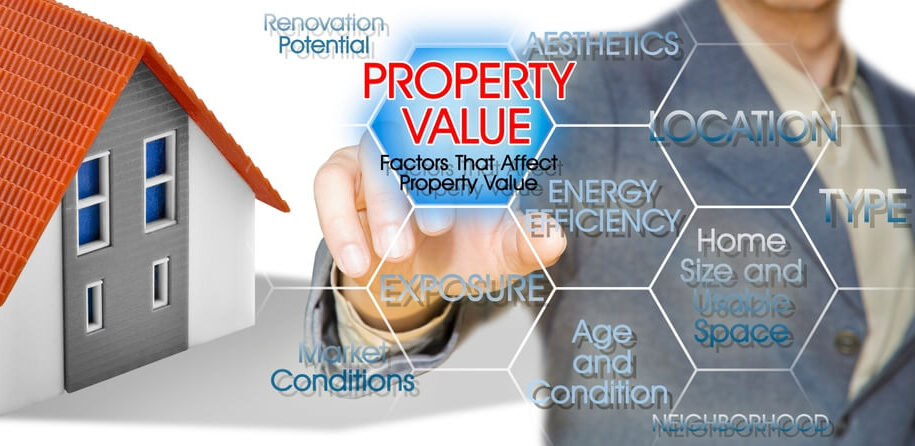
While hardwood floors generally enhance home value, several factors need to be considered while purchasing hardwood floors. These include:
Type of Hardwood
The type of wood used for flooring significantly impacts its value. Premium wood species like oak, maple, and walnut command higher prices due to their durability, aesthetic appeal, and inherent uniqueness.
People usually ask, “does engineered hardwood increase home value?” So the answer is absolutely “Yes”. Engineered hardwood can significantly increase home value. Its authentic wood appearance, durability, and versatility appeal to homebuyers. Engineered hardwood also offers a more cost-effective solution compared to solid hardwood, making it a practical investment that enhances both the aesthetic appeal and overall value of a home in the real estate market.
Condition of Hardwood Floors
Well-maintained hardwood floors, free from scratches, dents, or stains, hold greater value compared to those that are worn, damaged, or poorly maintained. Refinishing hardwood floors can significantly restore their luster and enhance their value.
Location and Market Trends
The value of hardwood floors is also influenced by the local market and buyer preferences. In areas where hardwood floors are highly sought after, their impact on home value is likely to be more pronounced.
Return on Investment (ROI) of Hardwood Floors: A Smart Investment
Hardwood floors offer an impressive ROI, typically recouping between 70% and 80% of their installation costs upon resale. This means that homeowners can expect to recover a significant portion of their investment when they sell their homes.
Beyond Aesthetics: The Practical Benefits of Hardwood Floors
Apart from their aesthetic appeal and value-enhancing properties, hardwood floors offer several practical benefits that contribute to their overall appeal.
Durability
Hardwood floors are renowned for their longevity, withstanding years of wear and tear with minimal damage. Proper maintenance, including regular cleaning and occasional refinishing, can extend their lifespan for decades.
Low Maintenance
Hardwood floors require minimal upkeep compared to other flooring options. Sweeping or vacuuming regularly and occasional mopping with a suitable cleaning solution will keep them looking their best.
Improved Indoor Air Quality
Hardwood floors are considered healthier for indoor environments as they do not trap dust, allergens, or pet dander like carpets can. This makes them a particularly attractive choice for allergy sufferers and those seeking a healthier home environment.
FAQs
Do Buyers Prefer Carpet Or Hardwood In Bedrooms?
Buyers overwhelmingly prefer hardwood over carpet in bedrooms. Hardwood shows a timeless elegance, and is easier to clean. They are a major selling point for modern home buyers seeking a chic and low-maintenance option.
What Color Hardwood Floor Is Best For Resale?
For resale, neutral tones like light oak or medium brown are popular choices. These colors provide a versatile backdrop, appealing to a broad range of tastes and allowing potential buyers to envision their own style in the space.
What Flooring Has The Highest R Value?
Tile flooring typically has the highest ROI value, indicating superior insulation properties. While not hardwood, it excels in areas prioritizing energy efficiency, making it a favored choice for homeowners focused on insulation benefits.
Do High End Homes Use Luxury Vinyl Plank?
High-end homes increasingly incorporate luxury vinyl plank (LVP). Its realistic wood appearance, durability, and water resistance make it a pragmatic yet stylish choice, appealing to those seeking a combination of opulence and practicality in flooring.
Does Laminate Flooring Increase Home Value?
Laminate flooring can enhance home value. Though not as premium as hardwood, modern laminate mimics its appearance and offers durability. Its cost-effectiveness makes it an attractive option for homeowners looking to elevate their space without breaking the bank.
Conclusion
In conclusion, the question “does hardwood flooring increase home value” can be answered with a resounding yes. Hardwood floors stand as a testament to timeless elegance and enduring value. Their ability to elevate a home’s ambiance, increase its resale value, and offer practical benefits makes them a wise investment for homeowners seeking to enhance their property’s appeal and reap the rewards in the long run.

